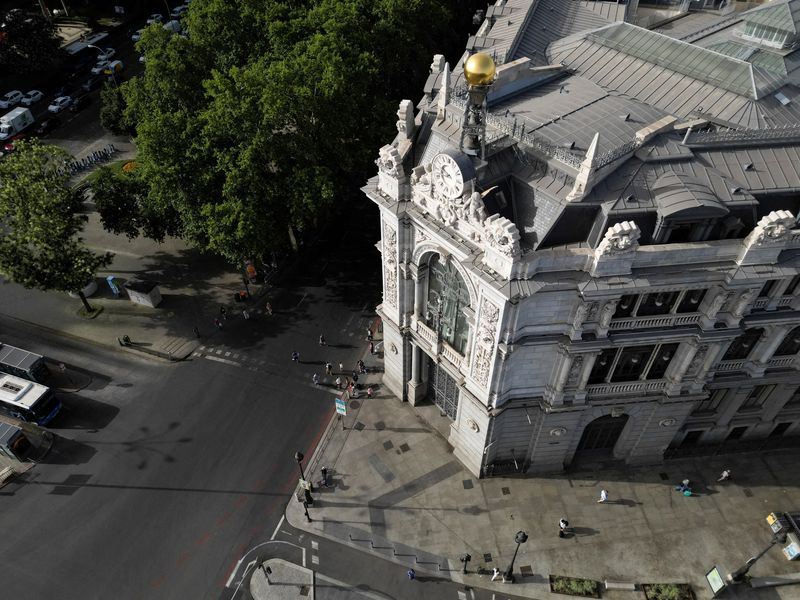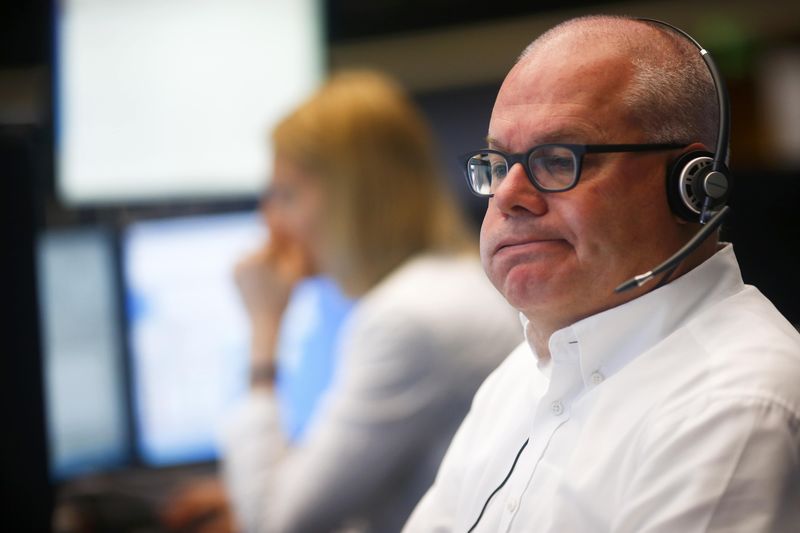By Jesús Aguado
MADRID (Reuters) -The Bank of Spain has asked for detailed information after recent disruptions to the country's payments network and is closely monitoring the situation together with the government, two sources with knowledge of the matter said on Friday.
Spain's largest payments platform Redsys crashed last weekend and again on Nov. 23, ahead of Black Friday, which is one of the busiest periods of commercial activity.
The online Spanish platform acts as an intermediary between banks, shops and buyers to ensure the security of transactions. It says it handles more than 45 million payments per month.
A source close to the central bank said it had not opened a formal case into Redsys, which is owned by Spanish banks including Santander (BME:SAN), BBVA (BME:BBVA) and Caixabank and handles their electronic payments business.
The Spanish government was also looking into the disruptions, a source at the Economy Ministry said, without giving further details.
Customers complained on social media about failed ATM withdrawals and credit card payments on Nov. 18. Redsys responded by saying disruptions had been resolved and were due to internal communication lines, ruling out any external attack.
Redsys suffered further disruptions on Nov. 23.
On Friday, the company said that the technical incidents that took place on both days had been resolved and the service restored.
Redsys further said that both incidents were one-offs and independent of each other.
"This is the first time that such an incident has occurred in the more than 12 years that the company has been providing this kind of service in Spain," it said.
Last Saturday's incident affected 2.5% of the electronic payment transactions carried out that day in Spain, while Thursday's incident affected 1.7%, according to Redsys.

European Central Bank (ECB) data shows cash payments in Spain fell by 18% between 2019 and 2022, a figure only surpassed in the euro zone by Cyprus, where transactions fell 23%.
Redsys competes with another payment provider in Spain, which belongs to Cecabank and holds a market share of about 15%.
